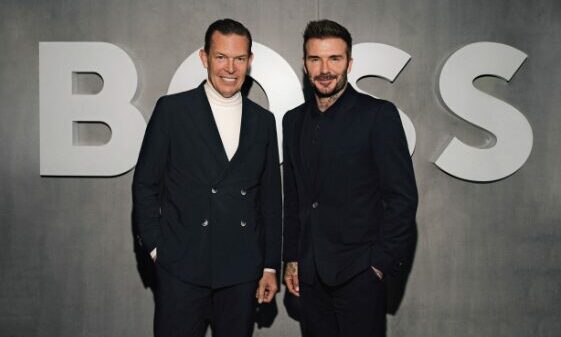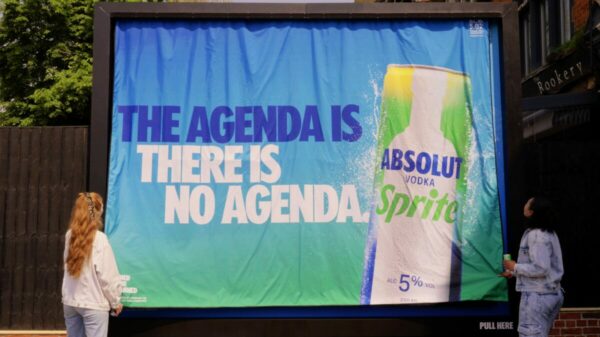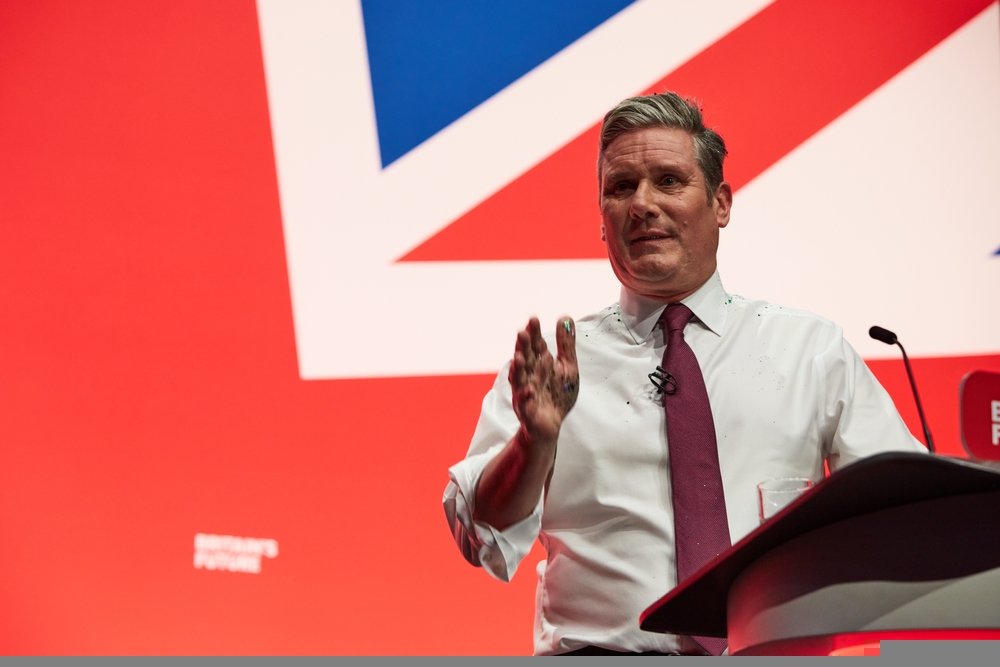New Year’s Day. A date loaded with significance for those of an Occidental persuasion, but for many, a purely arbitrary one. On a rudimentary level, we know that no one day is necessarily more meaningful than any other – why then are we so fascinated with a day that was invented purely as an administrative tool?
It’s simple really. As humans we strive to give context and meaning to every aspect of our lives – and a new year helps us not only draw a line under past events, but also allows us to look forward more wirth more focus than at any other time of year.
Naturally, the marketing and advertising industries are keen to capitalise on this, and the weeks following new year have become a multi-million pound fixture in the business calendar.
Whether they like or not, what people crave most at this time of year is a fresh start – and brands have perfected a myriad of ways to sell it to them. From fitness chains to grocery giants and even finance firms, they have all understood for a long time that the new year sells.
The New Year ‘Fresh Start Effect’
Scientifically, this phenomenon is known as the ‘Fresh Start Effect’, and is associated with meaning-seeking behaviours as people approach so-called ‘temporal landmarks’ such as an important birthday, key anniversaries or a particular time of year.
According to David Fanner, an applied behavioural scientist at Ogilvy Consulting, these behavioural patterns go some way towards explaining the increased engagement that brands experience with new year campaigns.
“People are way more likely to engage at this time of year, and this is due to the very clear principle called the Fresh Start effect, which is very well documented,” he says.
“Essentially, it isn’t so much about new beginnings or anything like that, it’s more about meaning seeking when people reach what we call a temporal landmark.”
Interestingly, these behaviours appear to permeate all facets of our lives, from hobbies, to work and even infidelity and suicide, as Fanner explains.
“When people experience a landmark such as a new year, a Monday, turning 29, they start doing things differently, they start looking for meaning.
“For example, people with ages ending in nine are 49% more over-represented in marathon runners. It’s the same with infidelity websites – you’re 17% more likely to find someone whose age ends in a nine on a website like that.”
Subscribe to Marketing Beat for free
Sign up here to get the latest marketing campaigns sent straight to your inbox each morning
Fulfilled resolutions
It is precisely these unconscious behavioural patterns, repeated on a mass scale, that have led to this period becoming highly fertile ground for marketers. After all, no-one’s perfect and self-improvement will always sell.
As School of Marketing CEO Ritchie Mehta points out, the positive associations made with this period have enabled it to become a firm fixture in the marketing calendar.
“There is no getting away from the fact that it occupies a prominent space in the calendar and one that has positive associations attached to it,” he says.
“It’s these very conditions and occasions that marketers love to hallmark, as they know that one of the undisputed laws of the industry is if you can build associations to a (positive) occasion you will benefit from the endeavour.”
Although the ability to associate your business with the possibility of fulfilling resolutions can be a valuable one, new year campaigns will only be appropriate for brands who have an angle to work with.
“It is very category dependent. For instance, if you’re a confectionery or food brand you’ll be in the money at Christmas, while if you’re a gym brand you’re likely to see the money, honey in January,” Mehta continues.
“New Year’s doesn’t feel like as big a buying opportunity as say Christmas, particularly as people’s wallets are in recovery. However, it presents the perfect occasion to build your brands memory structure and salience so your thought of first when a consumer comes to make a purchase further into the year.”
Casting off clichés
The extent to which this period is category dependent is also clear to see from a creative perspective, after all, how many times can the industry re-work ‘New year, new you” or “Time for a fresh start”?
Weariness of these tired clichés is what led to AMV BBDO’s brilliantly subversive campaign for London fitness chain Gymbox, which witheringly dismantled vacuous motivational quotes and replaced them with stark social critiques. Disruptive out-of-home assets satirised everything from parental pressures and nepotism to mental health.
“The ambition with the campaign was to subvert the culture of motivational fitness quotes. We’ve reached saturation point, particularly on social media, and they just feel a bit cringe,” AMV BBDO creative director, Prabhu Wignarajah said at the time.

“Gymbox wanted to position themselves as the antidote to dull gym culture, providing a place where you can go work out, but not take the scene too seriously. The brand is all for motivation, but we wanted to show we’re here to make fitness fun, so we took the quotes and gave each one a playful twist.
“The campaign was devised to work all year round, but the uptake of gym membership in January, and all the motivating voices that come with it, made new year the perfect time for us to launch.”
Brands are having to think increasingly outside the box in order to sidestep the entrenched tropes that have grown up around marketing in this period and another gym brand, Equinox, caused quite a stir with its own provocative advertising.
The luxury firm banned all new signups on 1 January, cryptically stating: “We don’t speak January.”
While proving controversial, the move proved to be a stroke of genius after causing a stir online and securing countless articles across a diverse range of news outlets.

Although the scope of brands that can truly use the new year fully to their advantage is relatively small, it has undoubtedly developed into a key commercial period – and for astute brands, a highly lucrative one.
On an elementary level, the success that these campaigns have had are reflection of an innate desire within society to reinvent oneself, and if nothing else follows a marketing pattern set in stone since time immemorial – the promise of a better life (if you purchase this product.)









